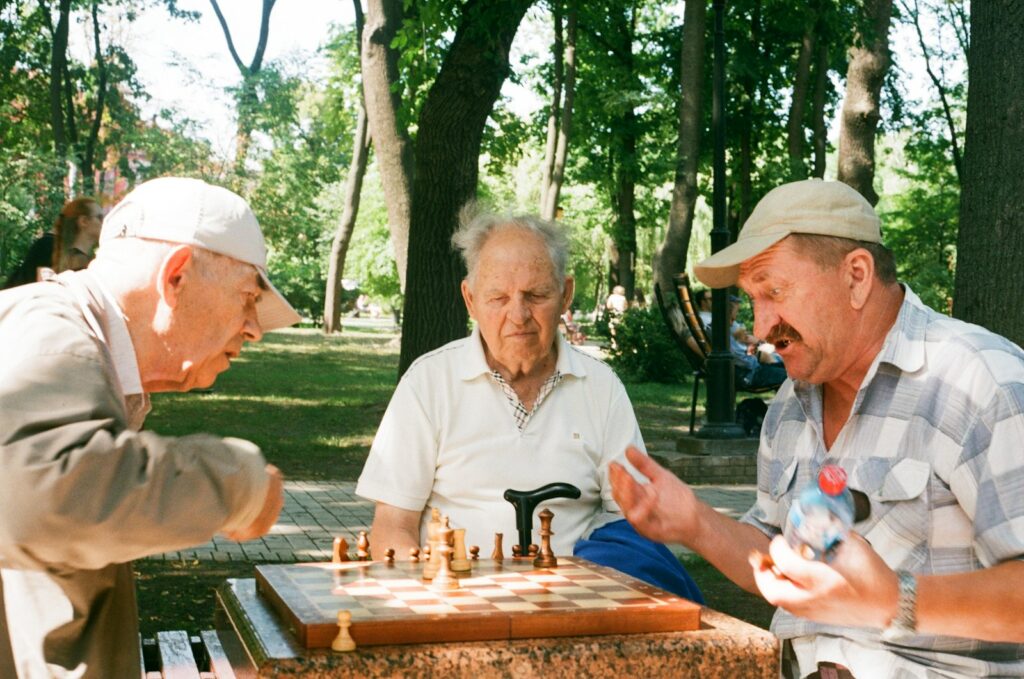
Ageism — the discrimination, prejudice, and stereotyping based on age — is referred to as society’s last acceptable “ism.” It shows up at work, happens to celebrities, and appears in everyday life. And it can leave people feeling invisible as they grow older. But why is this the case? Here are 15 reasons why older adults feel invisible today and why it’s about time we start paying attention.
The Spotlight on Youth
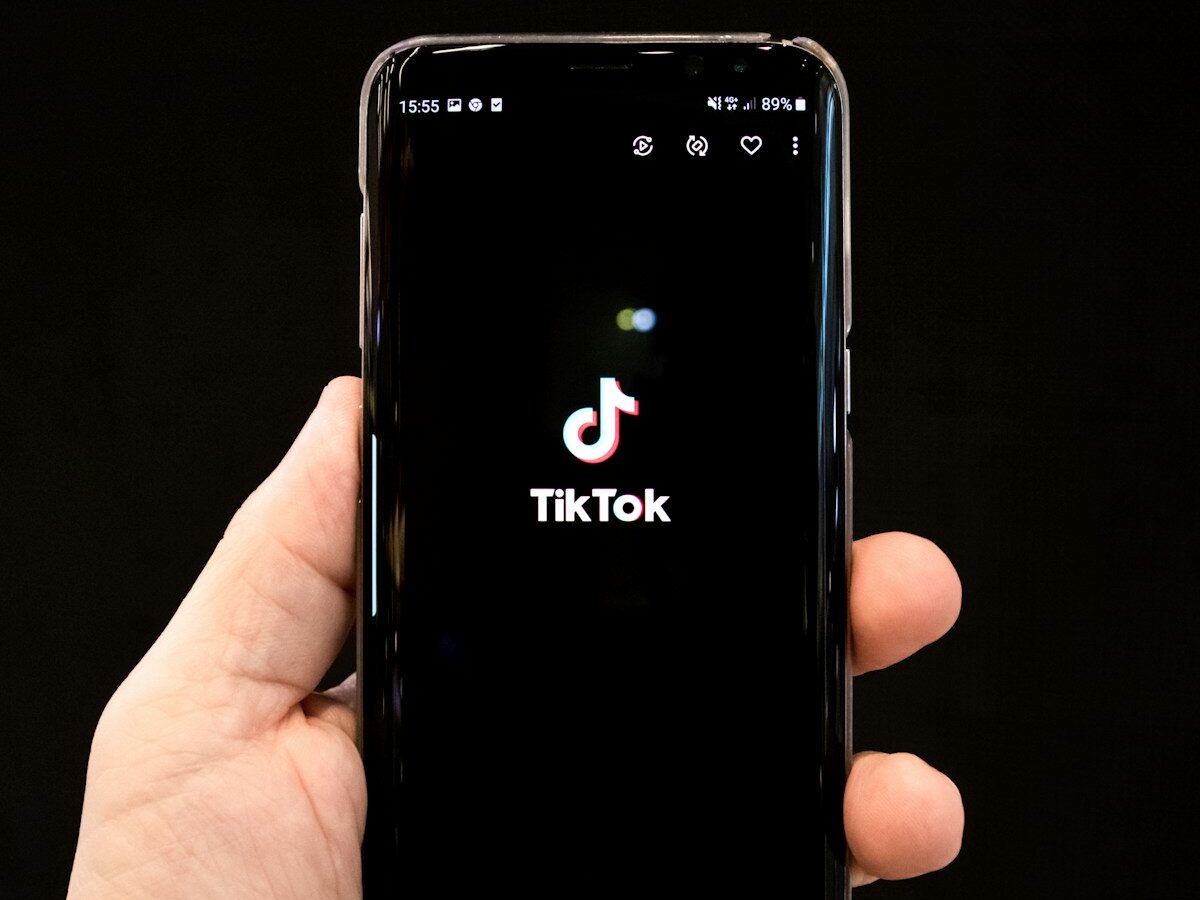
Society seems obsessed with staying young. Brands spend millions of dollars marketing to younger audiences because they believe youth equals relevance. Older adults who’ve lived full and valuable lives feel pushed aside as if they no longer matter once they hit a certain age.
Lack of Representation in Media
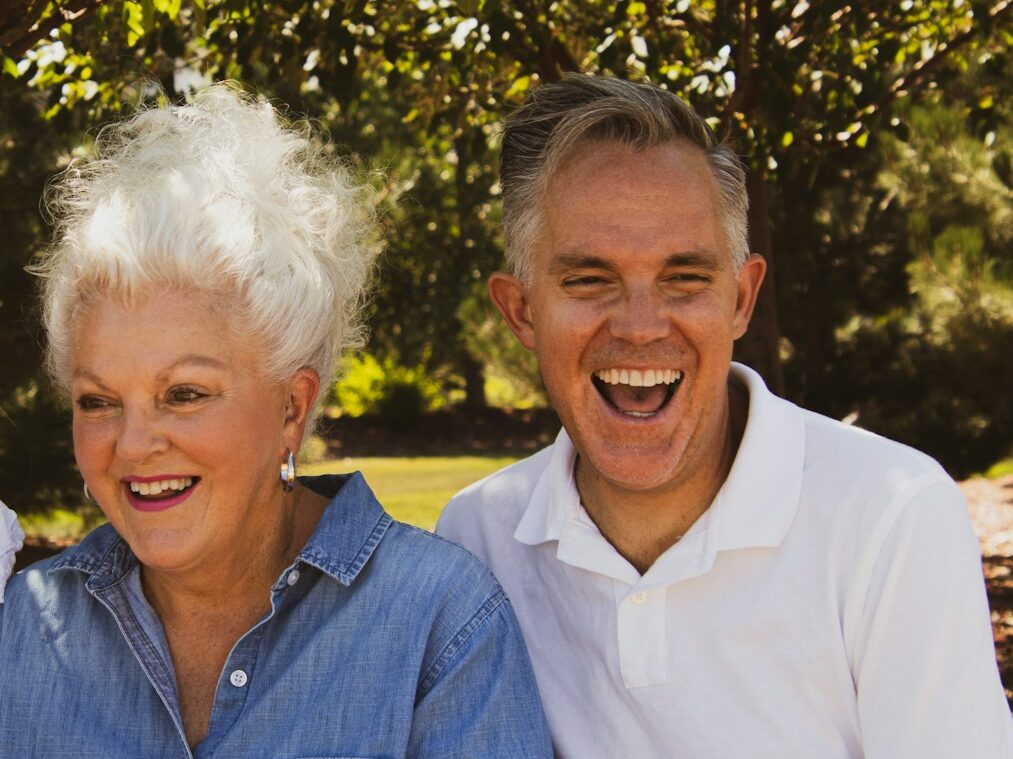
Think about the last time you saw a leading character in their 60s or 70s in a blockbuster movie — and no, not as the “grumpy grandparent” or comic relief. Media sidelines older people to minor roles and rarely shows them as complex, inspiring, or interesting. This lack of visibility in pop culture backs the idea that older adults are “past their prime.” It is absolutely wrong.
Technology Moves Too Fast

The digital world changes almost overnight. From apps that require finger gymnastics to slang that sounds like another language (what’s a “rizz” anyway?), older adults can feel like they’re being left behind. Worse, when they struggle to adapt, others may dismiss them as “not tech-savvy” instead of helping them navigate this fast-paced world.
Sidelined in Family Decisions
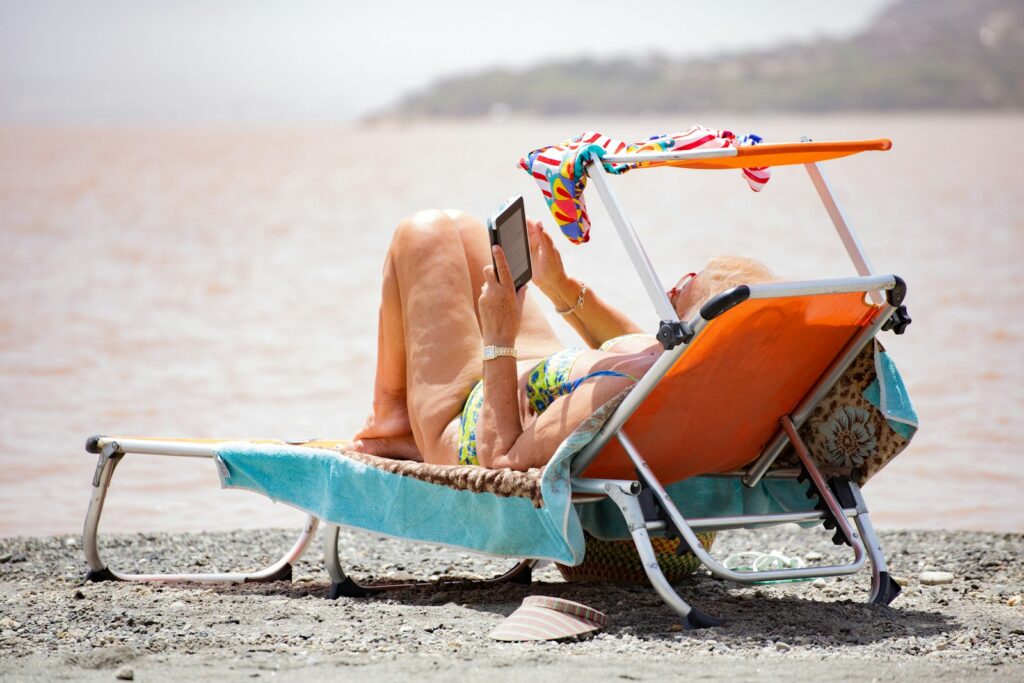
Decision-making slowly shifts to the younger generations in some families over time. Whether it’s about how to spend money or even small things like planning where to go for summer vacations, older people can end up feeling like they’ve lost their say. And it’s not just about being heard — it’s about knowing their opinions and experiences actually matter.
Workplace Ageism
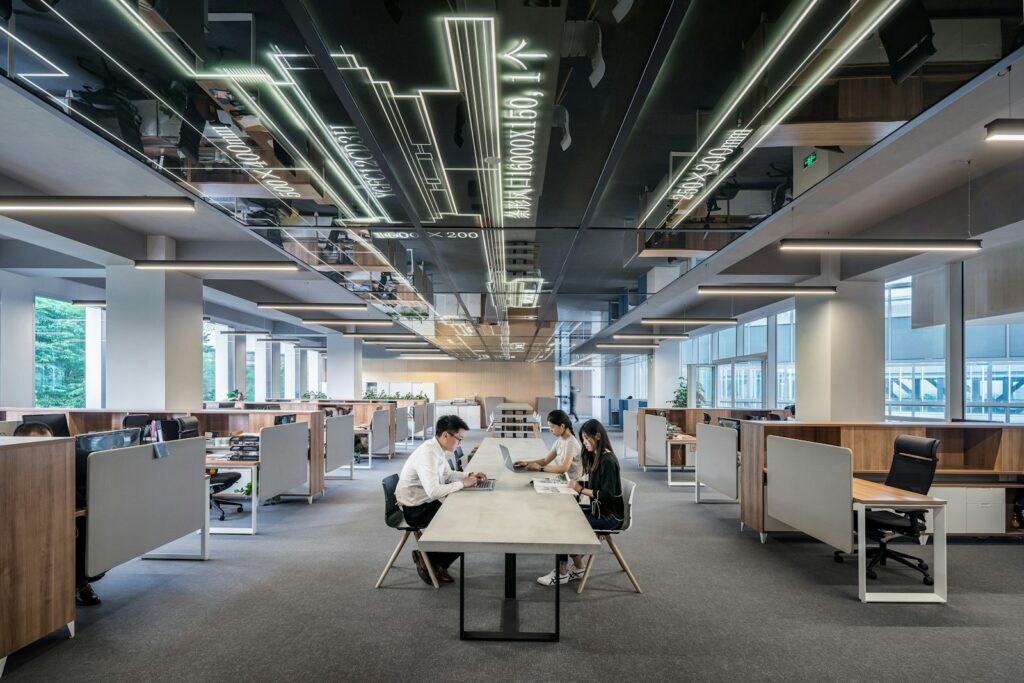
Age should mean wisdom and experience. But that’s not always how it works—especially at work. Older employees deal with unfair biases. They might get passed over for promotions or even pushed toward early retirement. Why? Some employers assume they’re slow to pick up new tools or out of touch with trends.
Social Spaces Aren’t Designed for Them
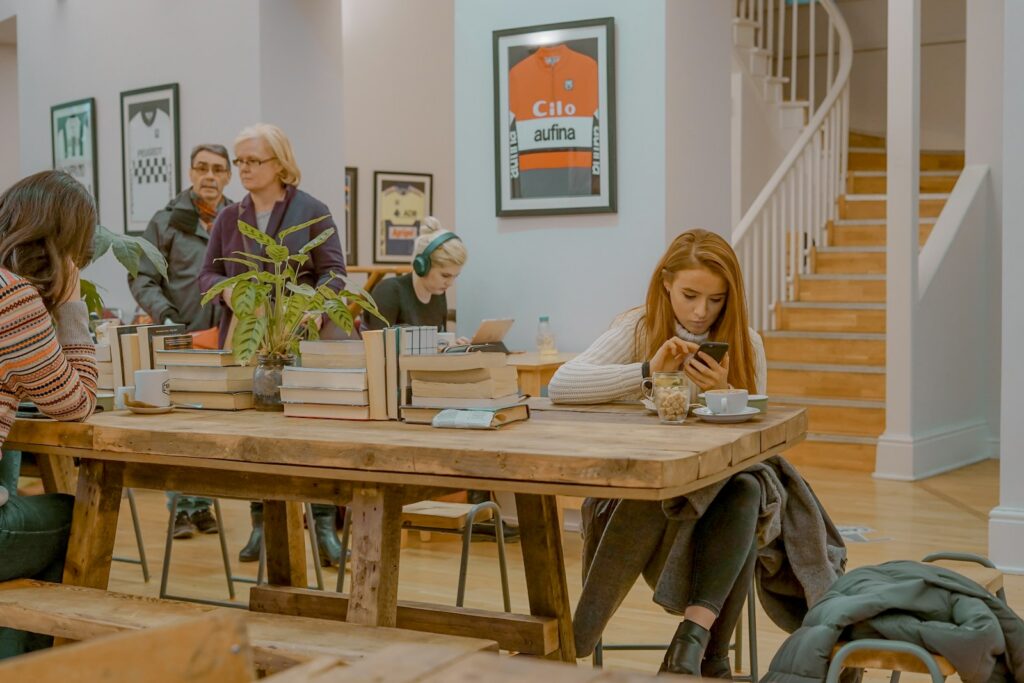
Think about modern cafes with tiny stools, blasting music, and menus so small you need a magnifying glass. Or gyms that focus more on trendy workouts than on making things accessible. A lot of public spaces are designed with younger folks in mind, which can unintentionally make older adults feel out of place or left out. It’s not about trying to keep up — it’s about feeling comfortable where you are.
People Assume They’re Out of Touch
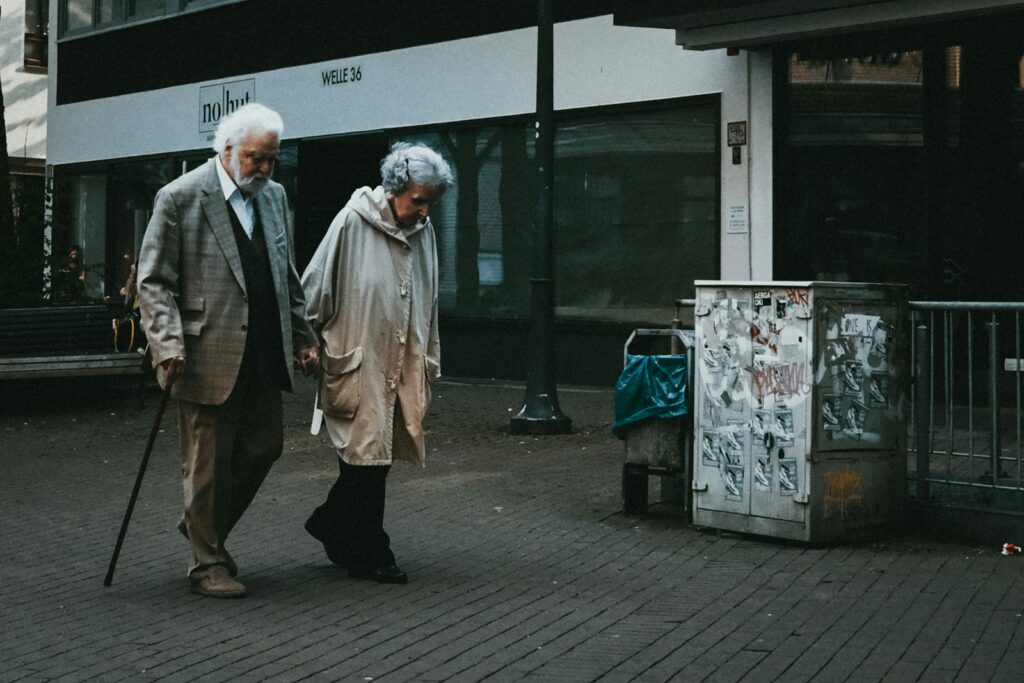
There’s this stereotype that older adults can’t get modern trends, tech, or new ideas — but that’s totally off the mark. A lot of older adults are curious, adaptable, and ready to learn, but some people don’t even give them a shot. Being treated like they’re “behind the times” just because of their age can feel pretty frustrating and it’s so unfair.
Health Challenges Limit Interaction

As we age, we go through all kinds of physical changes — like less mobility, hearing loss, or just feeling more tired — that make it harder to stay socially active. When older adults can’t join in on group activities or events, they miss out on connection. These challenges can leave them feeling overlooked and lonely over time.
Fashion and Trends Cater to Youth

Walk into any clothing store, and you’ll see racks full of trendy crop tops, ripped jeans, or styles that care more about being “cool” than comfy. Older adults have a hard time finding clothes that fit both their style and their needs. And it’s not at all about fashion — it’s about feeling like your identity and preferences still count, no matter your age.
Their Contributions Go Unrecognized
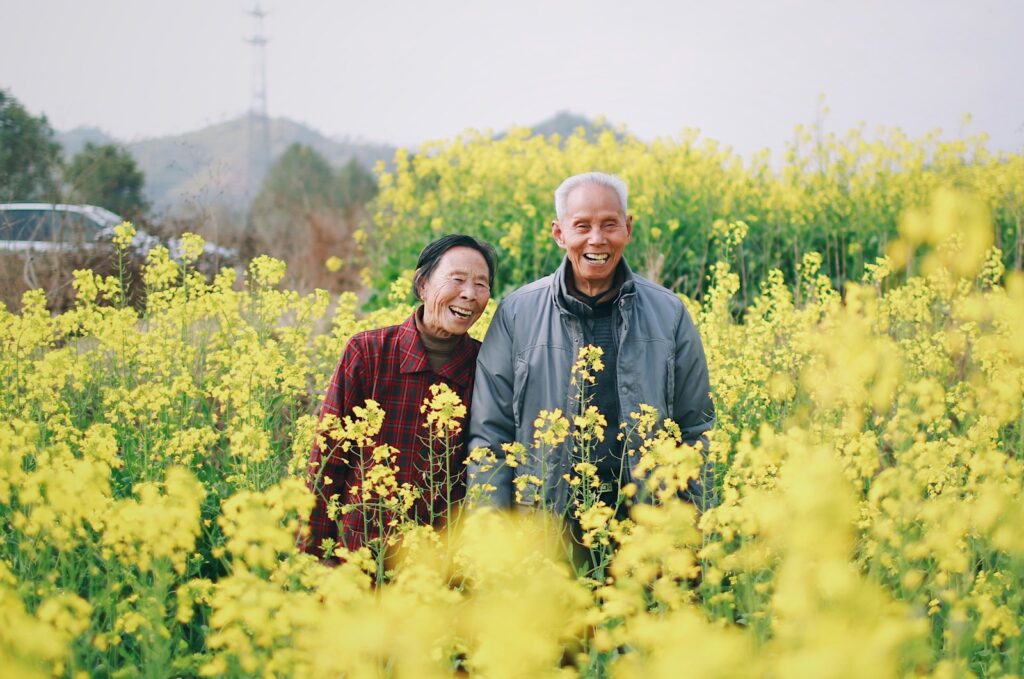
Many older adults have spent decades building communities, raising families, and working very hard. Yet, their achievements get ignored all the time. Society doesn’t always take a moment to recognize their role in shaping the world we live in today. It’s easy to forget that behind every innovation or social change, there’s probably an older generation who paved the way.
Less Digital Engagement

Social media has become the go-to place for connection and visibility. Younger generations are posting every single life update, selfie, and thought online. Older adults, on the other hand, may not be as active on these platforms. Because of that, they miss out on being part of the digital “conversation” and can end up feeling like they don’t even exist in the world of Reels and TikToks.
Fast-Paced Society Values Quick Results
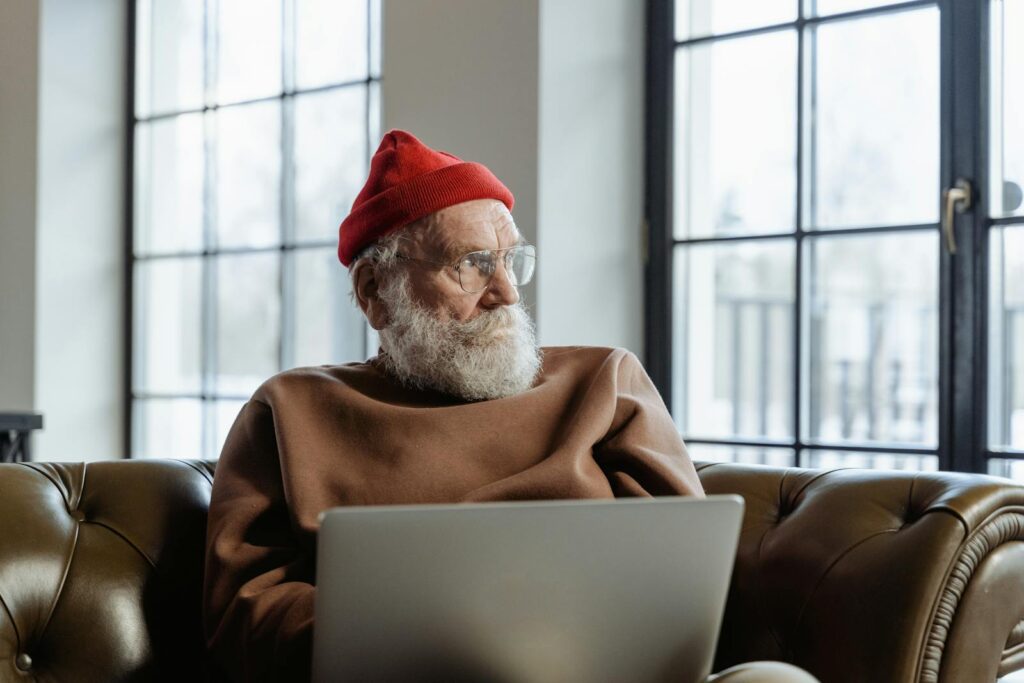
We live in a “hustle culture” where everything’s about speed — quick answers, fast decisions, and instant results. Older adults, who often value things like reflection, patience, and careful planning, feel like their pace just doesn’t fit in. Society mistakes thoughtfulness for slowness and does not realize the value of taking your time.
Medical Professionals Overlook Their Voices
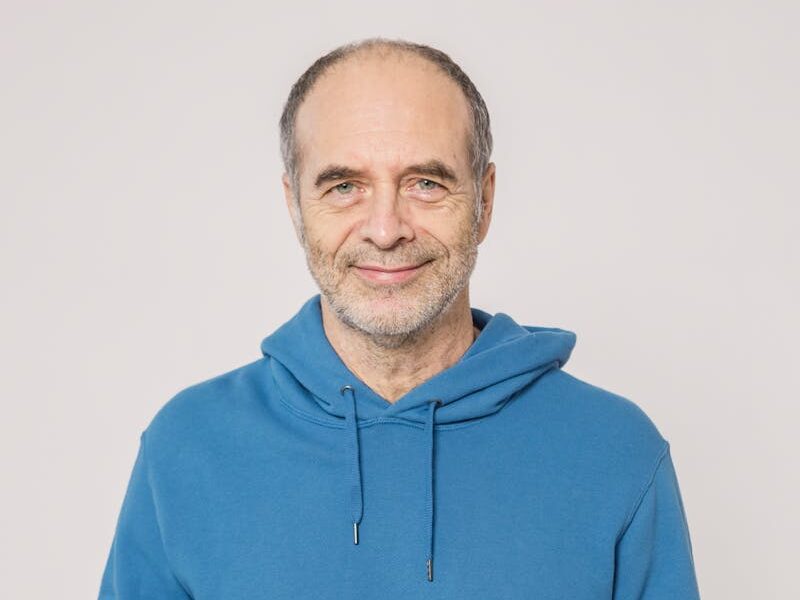
When older people become sick, they sometimes have concerns that they will be brushed off as “just part of aging.” If they mention any kind of pain or health problems, doctors might ignore it instead of digging deeper. Being unheard by professionals you trust can be discouraging, leaving older adults feeling invisible, even when it comes to something as important as their health.
They’re Seen, But Not Really Heard
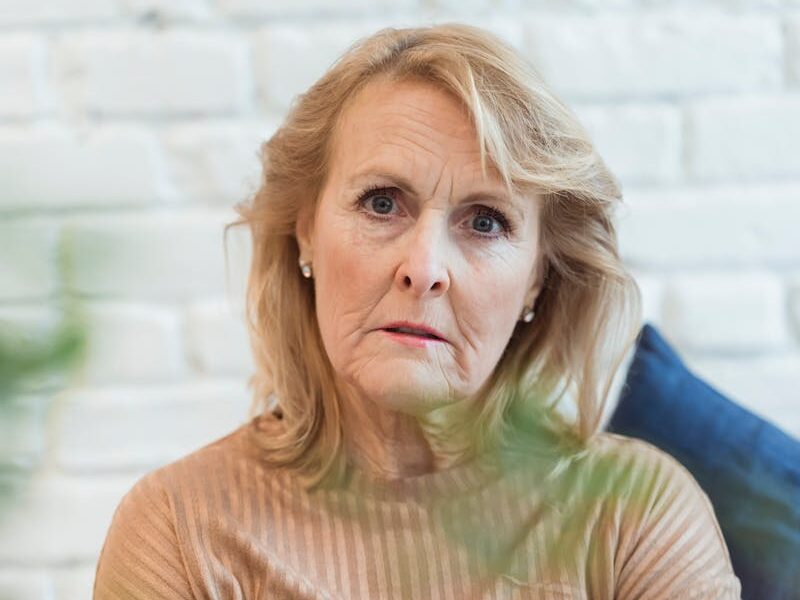
What does that even mean? See, people might be polite to older adults — opening doors, offering seats, or smiling — but real, meaningful engagement is pretty rare. It’s one thing to be acknowledged, but it’s another actually to be listened to. When conversations become very limited, older adults feel like they’re there but invisible (like no one truly sees who they are).
Friends and Social Circles Shrink Over Time
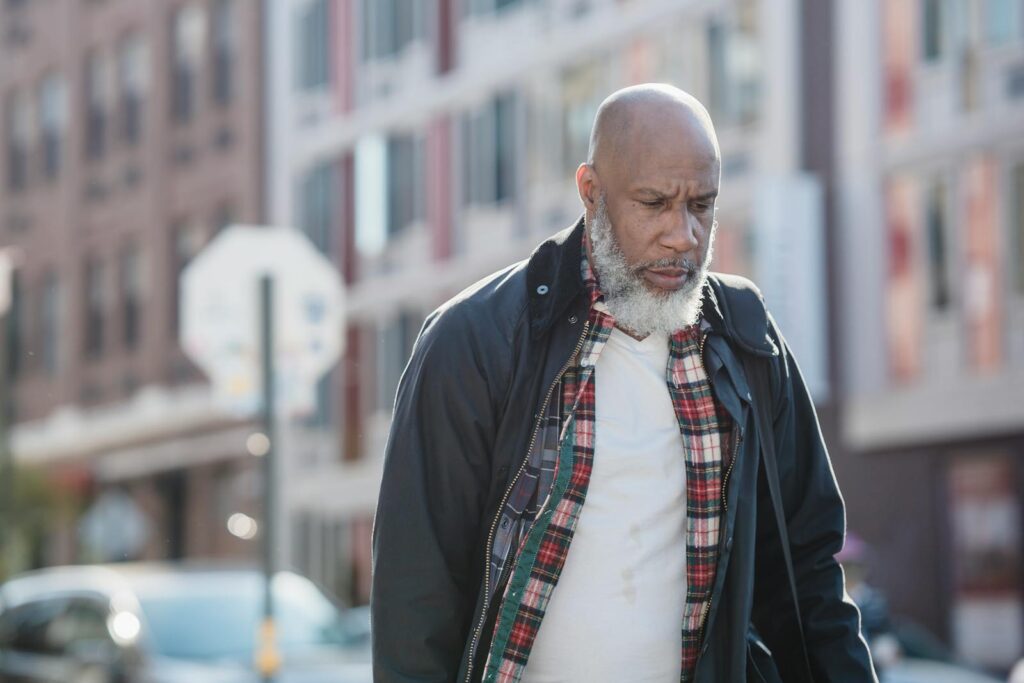
As people get older, their close friends move away, drift apart, or sadly pass on. Retirement can also mean losing all those connections that you made through work. For many older adults, this shrinking social circle leads to a sense of loneliness, even if family is around them. Losing those close connections makes feelings of invisibility even stronger.
